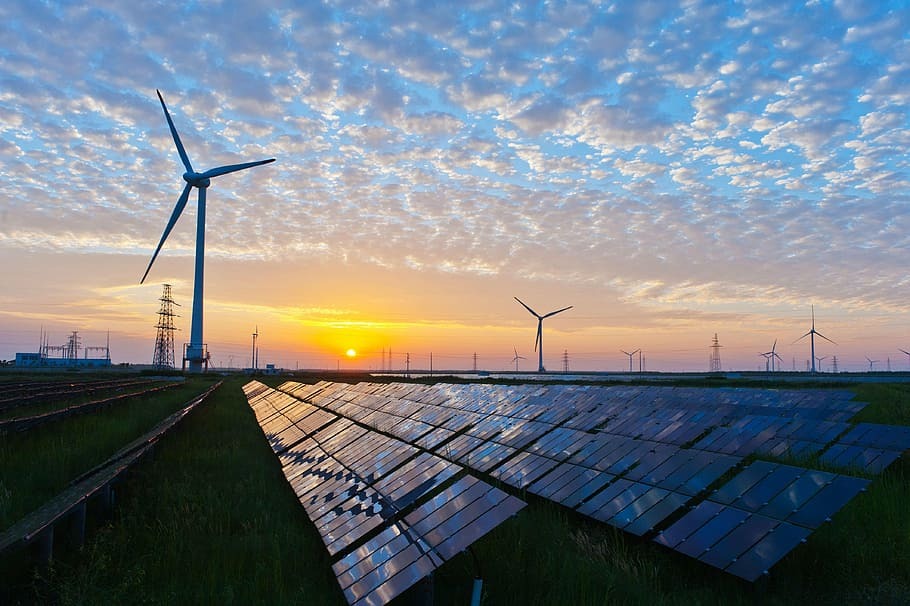Centrica’s British Gas became the latest UK supplier to offer a green tariff last week, with the launch of its Green Future Plus July 2022 tariff.
The tariff offers 100% renewable electricity, and Green Gas, 10% of which is sourced from biomethane produced by renewables and the remaining 90% of which is carbon offset thanks to a partnership with ClimateCare.
Speaking to Current±, the company said the tariff was launched because it was seeing “a demand from our customers for genuinely green tariffs where 100% of all the energy comes from renewable sources.”
The company joins the ranks of a host of UK suppliers that have green tariffs, including Bulb, Octopus and OVO – now only second to British Gas in size in the UK.
But there has been criticism of British Gas’ choice of using Renewable Energy Guarantee of Origin certificates (REGOs) instead of other sources such as Power Purchase Agreements (PPAs) to hit 100% renewable electricity.
A spokesperson for British Gas said: “We’ve used this route with our green tariffs previously and gives us the opportunity to more easily source the renewable element whilst we gauge customer appetite.”
But companies like Good Energy have vocally criticised REGOs, calling them “loopholes” that reduce transparency for customers. Tom Harrison, senior forecaster at Good Energy, said in response to the new tariff from British Gas:
“Once again a Big Six supplier is looking to capitalise on people’s increased interest in taking action against the climate crisis, but ultimately has chosen shortcuts to do so.
“Until British Gas sources all of its power from renewable sources, labelling the tariff’s electricity ‘100% renewable’ only serves to dilute the renewable mix for their millions of non-renewable customers and cause more confusion for anyone looking for a genuinely green product.”
Good Energy currently sources 100% of their electricity from PPA’s, as does Octopus-owned Co-op Energy. However, many UK suppliers rely – at least in part – on REGOs.
The spokesperson for British Gas added that the company was interested in pursuing other sourcing options in the future, saying: “It is our ambition to evolve this and not always be reliant on REGOs, however this is our first foray into a ‘deep’ green tariff so we want to firstly see how our customers react to it and see what take up is like.”
British Gas’s Green Tariff is one of the more expensive, with an average annual cost of £1237 per household. But the company has called the tariff “leading”, with the spokesperson adding: “We think the green gas is key and not always offered by energy companies.”
However, npower and Octopus both offer 100% carbon offset gas, and Bulb, Ovo and Good Energy offer a combination of biogas and offset gas as part of their green tariffs.
The tariff forms part of Centrica’s wider decarbonisation goals as it strives to be net zero by 2050, to help customers reduce their emissions by a quarter and develop a portfolio of 7GW of flexible, distributed and low carbon technologies.
The spokesperson added: “This is very important as we have an ambition to not only lower our carbon footprint but also to help our customers use less energy – with smart meters and smart home technology – but also be able to have peace of mind that the energy that they do use comes from renewable sources.”





